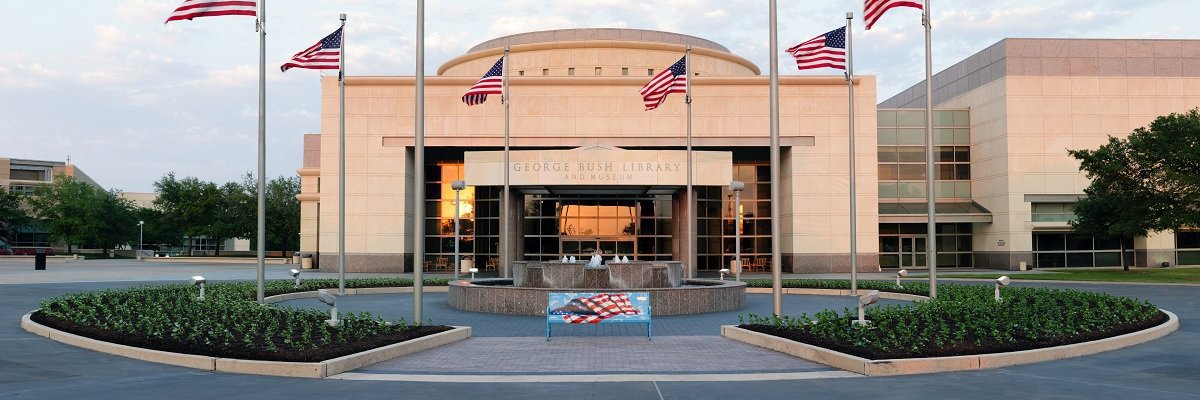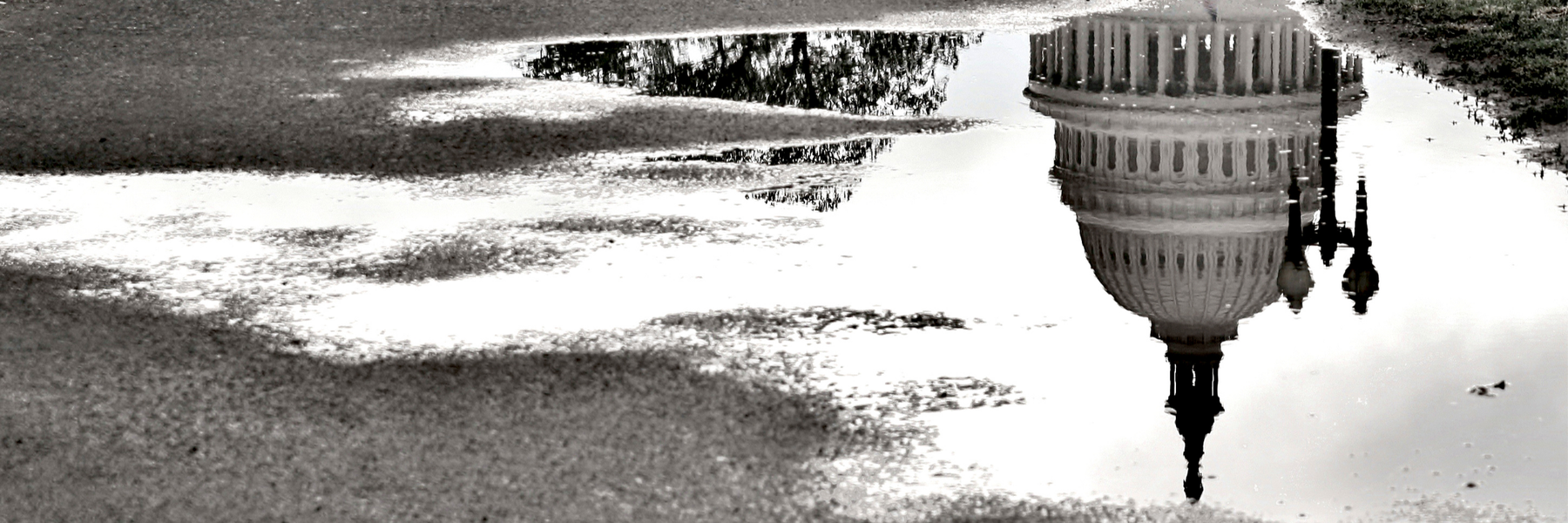The National Archives and Records Administration’s recent announcement that there will be no Barack Obama Presidential Library was met with understandable outrage from historians and transparency advocates, who saw it as a blow to a functioning democracy. However, as the National Security Archive’s Nate Jones was quick to point out, this discussion needs to be understood in the larger context of NARA’s current failings in the presidential library system, where FOIA requests can take years, even decades.
I largely agree with this article,but it should have mentioned that current process for getting access to historic dox at Pres Libraries is currently ludicrous and grossy inefficient. Historian must do #Foia then a 2nd MDR. Often takes A DECADE. NARA largely to blame for this. https://t.co/U7U4HxytIg
— NSA Nate (@NSANate) May 22, 2018
As we’ve written about before, Presidential records are in their own special category when it comes to FOIA - the White House, for example, is largely categorically exempt. By providing a single repository of records that should be subject to some ongoing process of declassification, presidential libraries in theory provide a valuable resource for researchers who’d otherwise be chasing documents across various agency archives. In practice, however, that theoretical convenience is severely overshadowed by a processing time that has become infamous in the transparency community. Thanks to short staffing, tight budgets, and a convoluted process that includes letting Presidential representatives weigh in on what’s released, even relatively straightforward request like Robert Delaware’s for the George W. Bush White House’s communications with Lance Armstrong are given a minimum estimated completion date of eight years.
Compounding that problem is that as NARA records, these files can be subject to arbitrary restrictions. The Lyndon Baines Johnson Library’s release of the “X Envelope,” which contained evidence that the Richard Nixon campaign had worked in secret to sabotage peace talks in Vietnam ahead of the 1968 election was largely by accident - the records were supposed to remain sealed until 2023, and even then came with the following stipulation:
‘After fifty years the Director of the LBJ Library (or whomever may inherit his responsibilities, should the administrative structure of the National Archives change) may, alone, open this file. If he believes the material it contains should not be opened for research [at that time], I would wish him empowered to re-close the file for another fifty years when the procedure outlined above should be repeated.”
Any system in which such a critical piece of history can remain hidden from the public at the whims of an individual archivist is clearly not one in the best interests of a functioning democracy. While the loss of an Obama Presidential Library is a blow, it is one that at the least offers and chance for a public referendum on the barriers to access to the records of our nation’s most powerful citizens.
Image by Jujutacular via Wikimedia Commons and is licensed under CC BY-SA 3.0




